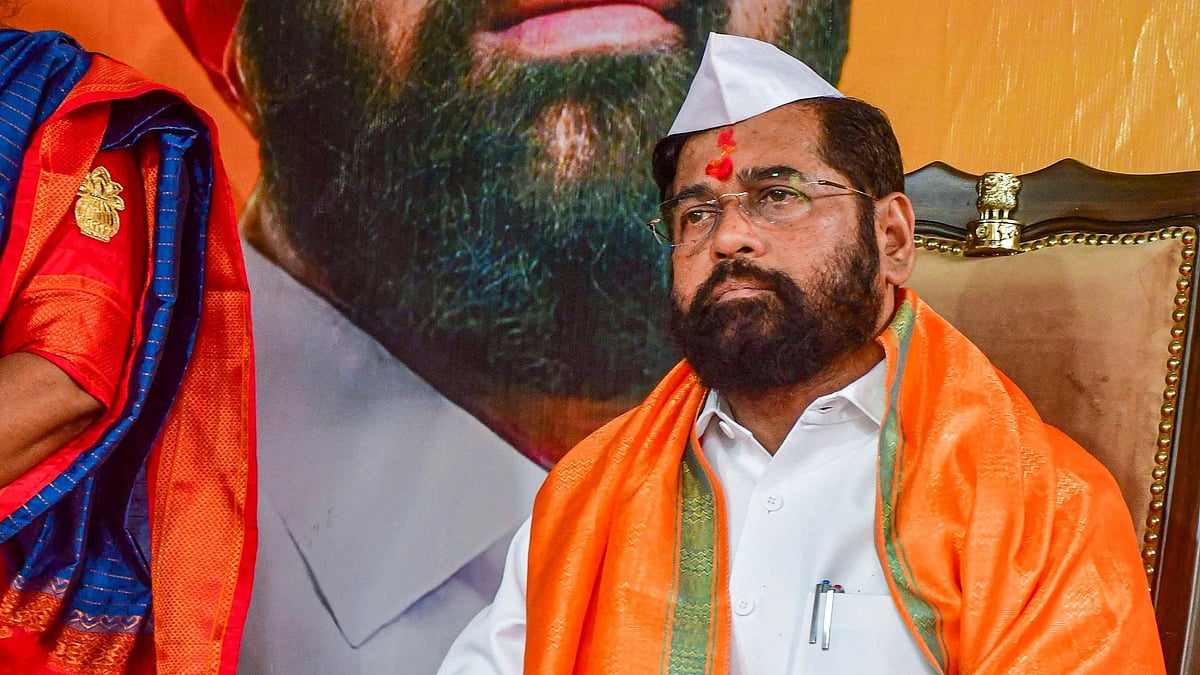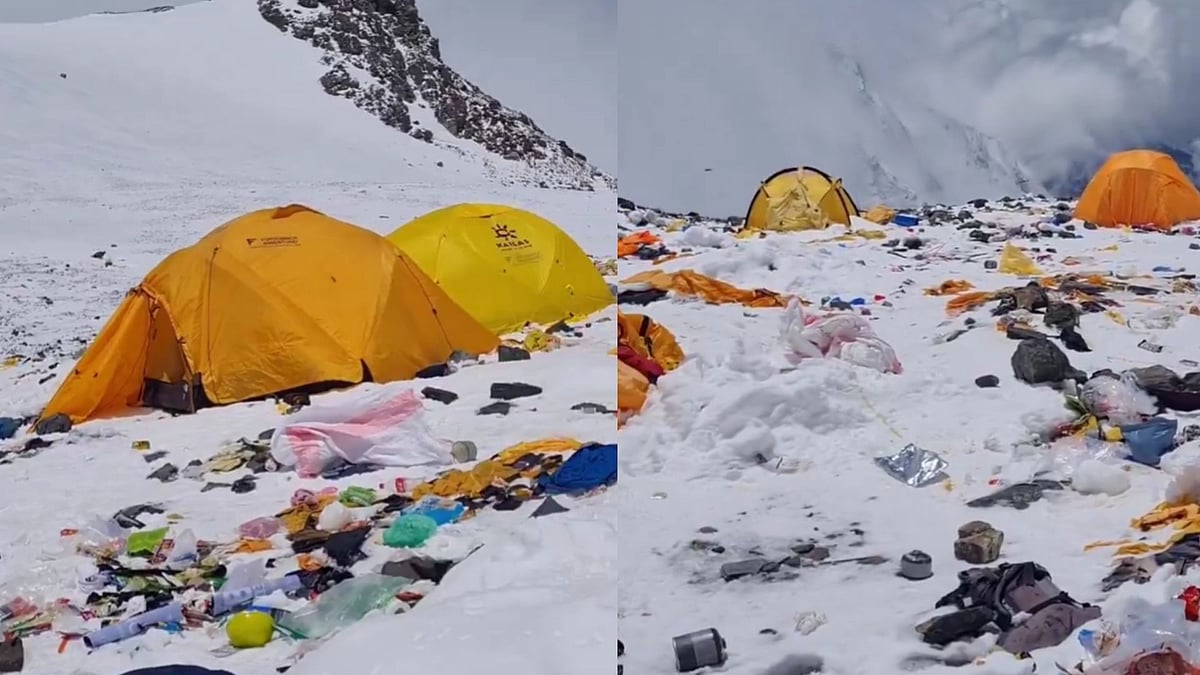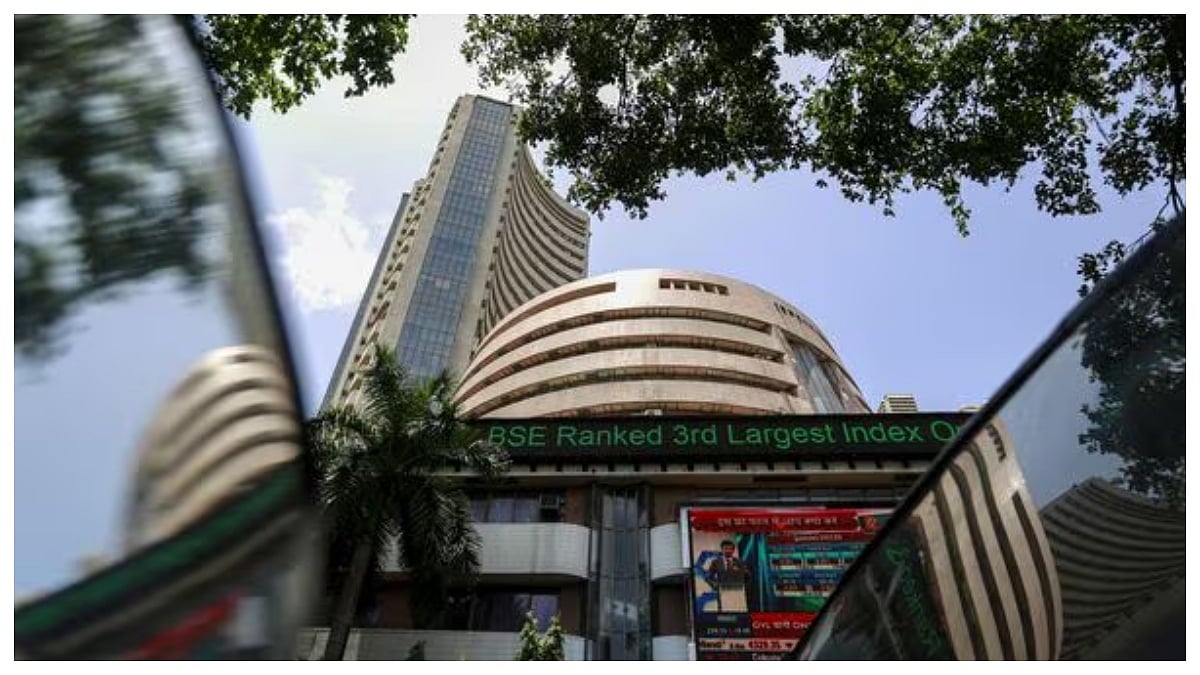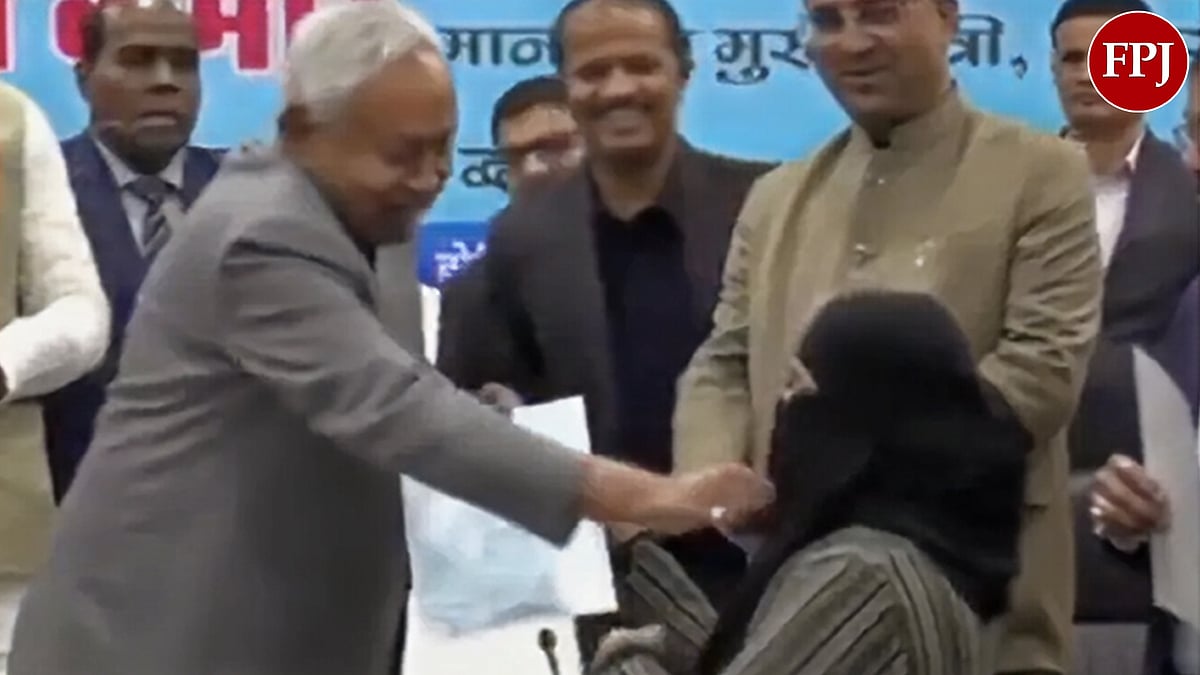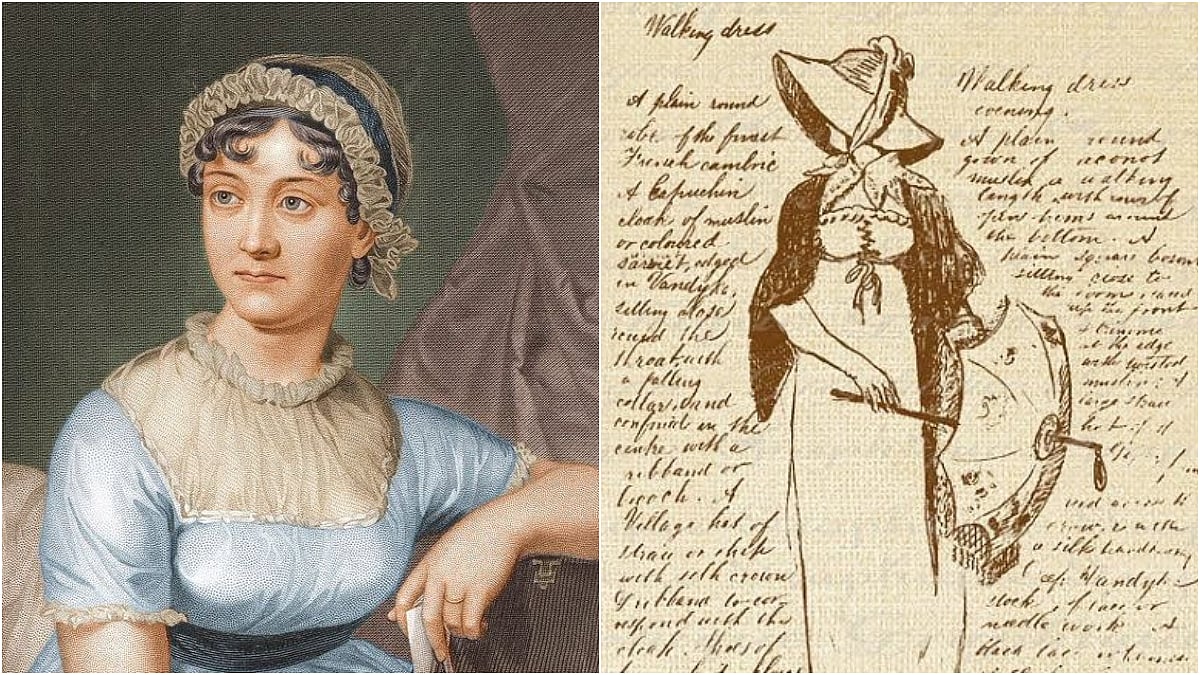The anger at gangster Vikas Dubey's killing is a classic case of barking up the wrong tree. Undoubtedly, this was an extra-judicial killing. Surely, several dirty secrets of politicians will be buried forever. But railing against the cops alone means missing the big picture; the dysfunctional criminal justice system and the apathy towards judicial and police reforms.
Such is the delay in our criminal justice system that it took eight years to get Nirbhaya's rapist-murderers hanged even though all six were arrested within a week and tried in a fast-track court. Jessica Lal was shot dead before dozens of people in a bar but seven years later all the rich brats arrested were acquitted for lack of evidence. Prodded by the public outrage and the mocking headline, 'No one killed Jessica', the system took four more years before the main culprit, Manu Sharma, son of Haryana Congress leader Venod Sharma, exhausted his legal options.
Dubey himself had been acquitted after killing a minister in a police station. In 2001, he chased Santosh Shukla, a junior minister in the Rajnath Singh government, and shot him dead in front of a two dozen policemen. He was not convicted as none of the cops stood witness; those who did, later turned hostile. Neither the judiciary nor the state government had any qualms about closing the case. Dubey faced 62 criminal cases, including five for murder, yet was out on bail. Compare this with the incarceration of the ailing 80-year-old poet and human rights activist Varavara Rao for close to two years under the stringent Unlawful Activities Prevention Act for ‘inciting sectarian violence'.
Look at the number of gangsters who run their empires of crime from jail. The plot has been enshrined in Bollywood, eg the Ajay Devgun-starrer Apharan and Anurag Kashyap's Gangs of Wasseypur. Dawood Ibrahim ruled the Mumbai underworld for two decades from Dubai. His friend-turned-foe Chhota Rajan operated from Bangkok and even ordered the killing of crime reporter J Dey till he was arrested and deported to India. Another Mumbai gangster Arun Gawli was an MLA from the Maximum City.
Look at the number of law-breakers who are now law-makers. According to the Association of Democratic Reforms (ADR), almost half of the present Lok Sabha members have criminal charges against them, a 26 percent increase as compared to 2014. Nearly 29 percent of the cases are related to serious offences such as rape, murder, attempt to murder, etc. Of the 539 winning candidates analysed by the ADR, as many as 233 MPs or 43 per cent have criminal charges. The BJP has 116 MPs or 39 per cent of its winning candidates with criminal cases, followed by 29 MPs (57 per cent) from the Congress, 13 (81 per cent) from the JDU, 10 (43 per cent) from the DMK and nine (41 per cent) from the TMC.
Look at the Vikas Dubey encounter as a matter of honour for the police force. Never before had eight armed policemen been killed in an ambush by a gangster. Not even Dawood dared to do this. Every cop was seething.
Vikas Dubey could have been kept alive and grilled. But it is not as if all information about the politician-criminal nexus has evaporated with his death. It can be got from the dozens of ‘bahubalis’ who are far bigger than Vikas Dubey; Mohammed Shahbuddin, Raja Bhaiyya, Mukhtar Ansari, D P Yadav, Ateeq Ahmed, Harishankar Tiwari…
In any case it is all there in the Vohra committee report. After the serial blasts of Mumbai in 1993, a committee under union home secretary N N Vohra studied the criminalisation of politics and observed that criminal networks were virtually running a parallel government. It spoke of gangs which enjoyed political patronage and the protection of government functionaries, so much so that in some cases political leaders had become the leaders of gangs.
"In the bigger cities, the main source of income (of these gangs) relates to real estate; forcibly occupying lands/buildings, procuring such properties at cheap rates by forcing out the existing occupants/tenants etc,’’ the Vohra committee report noted. This is exactly what Vikas Dubey was doing, 27 years after the Vohra committee report was submitted.
The unpublished annexures to the Vohra Committee report are believed to contain highly explosive material. In 1997, the Supreme Court recommended the appointment of a high-level committee to ensure in-depth investigation into the findings of the Vohra Committee and to secure prosecution of those involved. It is anyone’s guess what happed to that initiative.
With political expediency overriding ethical concerns, one cannot expect political parties to usher in electoral reforms, judicial reforms and police reforms. The judiciary, the media and civil society have to push for change. Yet, how many judges do it, how many organisations campaign for it, how much space do these issues get in the media? When was the last time a national newspaper carried a campaign for the implementation of the 2006 Supreme Court guidelines on police reforms in letter and spirit? Even the CBI remains the Caged Bird of India.
The judiciary hasn’t covered itself with glory either. It remains opaque, functions largely like a closed club and resents moves to improve transparency and accountability. It is unwilling to codify the Contempt of Court Act which gives it sweeping powers. Why, it is hesitant to even let go of its colonial privilege of summer and winter holidays. There are no doubt exceptions but it was not long ago that a former union law minister openly said that eight of sixteen former Chief Justices of India were corrupt. Judicial reforms through the judiciary is a long shot.
Just blaming the cops won't do, all of us share the blame for extra-judicial killings.
The writer is a senior journalist based in Mumbai.

